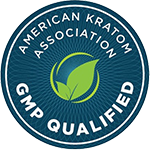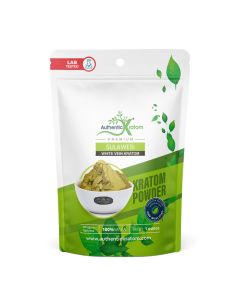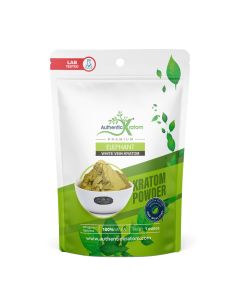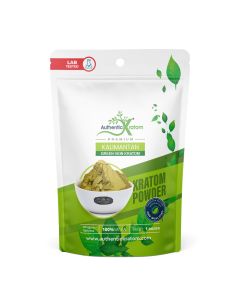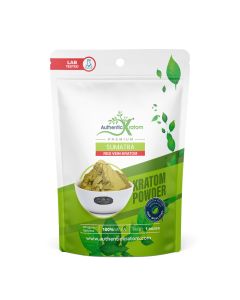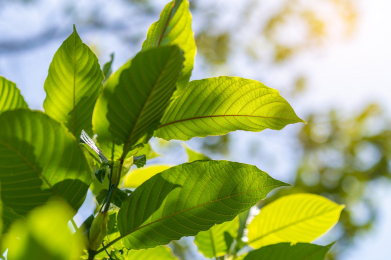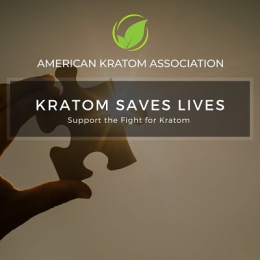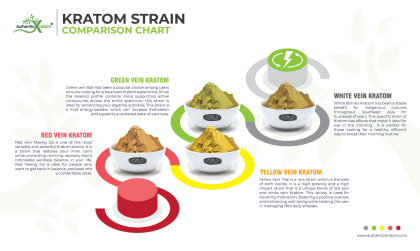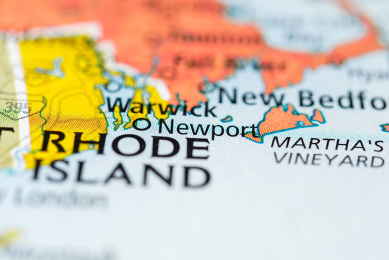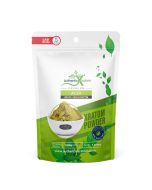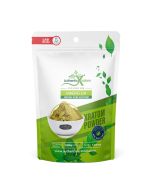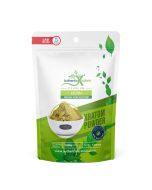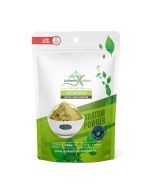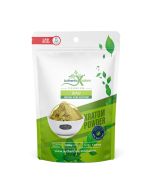- Buy any two kratom products, get 3rd one FREE
- There's No Minimum for Free Standard Shipping at Authentic Kratom
- Same Day Shipping. Order before 2:00 PM Pacific Time (M-F)
- Free Priority Mail Shipping on Orders $75 or more
- FREE 2 Day Shipping on orders $200 or more
- Buy Fresh & Potent Kratom Tea
What Is the FDA Warning on Kratom?
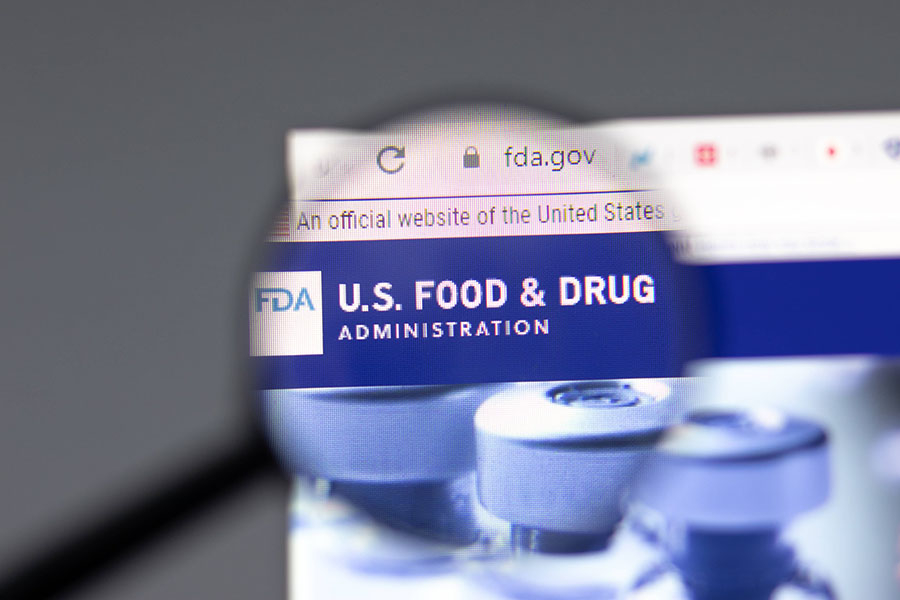
Why trust Authentic Kratom
- 10 years of experience in the kratom industry
- High expertise confirmed by a partnership with the American Kratom Association
- Only lab-tested and GMP-qualified products
- Reviewed and Trusted by thousands of customers
Are you one of those people who want to use Kratom but are skeptical about it due to FDA warnings? Kratom has taken the world by storm with its growing popularity. Although Kratom is not authorized in the US for any use, millions of Americans use it for a variety of purposes, claiming it gives them more energy, helps with discomfort and uneasiness, and gives them a high. However, the United States Food and Drug Administration (FDA) has raised some concerns about this plant-based substance, casting a shadow of doubt over its safety and usage. While one can ignore these warnings, it is better to be safe than sorry. Let’s look into what the FDA has to say about Kratom and why they are worried.
Kratom and Federal Agencies
Federal agencies like the Drug Enforcement Administration (DEA) and FDA have been trying to ban Kratom for years. In 2016 DEA tried to categorize Kratom as a Schedule 1 controlled substance. Compounds in this category are claimed to have no accepted medicinal value and a high potential for abuse.
A year after the DEA expressed its intention to do so, the Federal Department of Health and Human Services (HHS) showed its support for the idea of a proposed ban on Kratom. However, scientists, kratom proponents, and state and federal lawmakers all expressed outrage over this proposed ban, and more than 130,000 Americans signed a White House petition protesting the ban. In fact, 51 members of Congress wrote to the DEA, encouraging it to listen to the public. Meanwhile, scientists continued to examine the abuse potential of Kratom and determined that restriction was unnecessary.
In response to the public uproar, the agency changed its mind. Although Kratom is an unregulated substance at the federal level to date, the American Kratom Association reports that five states have imposed bans on the substance.
What Are FDA's Warnings on Kratom?
FDA issued a statement in November 2022 in which the federal agency warned people about using the substance. The FDA is concerned that Kratom may have addictive, abusive, and dependence-inducing qualities since it stimulates the same Kappa receptors as morphine.
The FDA has received alarming concerns about the safety of Kratom and has not approved any uses for the substance. FDA continues to advise consumers not to use any items labeled as containing the botanical material Kratom or its psychotropic constituents, mitragynine and 7-hydroxy mitragynine, and is actively examining all available scientific evidence on this subject. The agency supports additional studies to learn more about Kratom's safety profile, including its usage in conjunction with other medications.
Although HHS rescinded its Kratom scheduling recommendation after public outcry, FDA didn't follow suit. After failing to impose a domestic ban on Kratom, the agency is expected to suggest to the World Health Organisation (WHO) to outlaw the substance internationally.
What Kratom Proponents Have to Say About This?
According to Kratom fanatics, if the FDA succeeds in prohibiting the use of Kratom, countless people will die by unintentional overdose. Many Americans claim that Kratom helps them control their cravings for different substances. According to the CDC, nearly three-quarters of substance-related overdoses, or "the main driver of drug overdose deaths," are attributed to synthetic substances. A ban would turn those who use Kratom into criminals, destroy supplies of the herb that are legal, and lead to many users turning to more dangerous drugs.
Prohibition would also prevent researchers from investigating the effects of Kratom, which would be a costly blunder similar to what happened when psychedelic research was prohibited in the 1970s and 1980s. It became illegal for researchers to create and study psychedelics when they were added to Schedule I controlled substances, and promising studies on their therapeutic potential were put on hold.
Lack of Scientific Evidence
Scientific study on Kratom is still in its early stages, and there is a lack of strong scientific evidence regarding its risks to satisfy the FDA's concerns. Although there has been some research on the chemical makeup, effects, and potential medicinal applications of Kratom, the current evidence is not nearly enough to rule out all concerns about the substance.
Kratom's regulatory status is one of the major obstacles in conducting its research. Kratom's classification as a controlled substance makes it difficult for scientists to get approval to conduct large-scale clinical trials to gather sufficient data.
Kratom Legal Status and State Regulations
As mentioned above, Kratom is not federally regulated in the United States. Therefore, the government doesn't monitor and guarantee the quality and safety of the substance available in the States. However, due to Kratom's addictive properties, the DEA has thought of classifying it as a controlled substance.
While Kratom remains legal at the federal level, some states concerned about the health of their citizens, have chosen to outlaw the substance, making it illegal to possess, sell, and use it. Some have also imposed age restrictions to limit Kratom's access and availability to everyone.
Here’s a list of the states that have imposed a complete ban on Kratom:
- Alabama
- Indiana
- Illinois
- Vermont
- Rhode Island
Kratom's Future with FDA
According to Dr. Alan Kaye, a professor of Anesthesiology and Pharmacology at LSU in Shreveport, Louisiana, "If it [Kratom] is ever studied to the point that the FDA puts its thumb of approval on it, it will be in a purified form, and there will be data that shows its safety."
The federal agency is willing to study and evaluate data that could prove the plant's medicinal value. But as of right now, we have yet to be aware of any proof that would satisfy the requirements set forth by the agency for Kratom's approval, and therefore, FDA is warning people against its use.
Conclusion
Kratom's future has been clouded by the FDA's concerns about it. While proponents of the substance argue for its potential advantages and harm reduction, the FDA remains unconvinced. The agency has not approved any uses for Kratom and continues to warn against its consumption due to concerns about addiction, abuse, and dependence. The HHS rescinded a scheduling proposal in response to public uproar, but the FDA has not backed down. As long as there isn't convincing scientific evidence to dispel safety concerns, the FDA's warnings on Kratom will likely remain in effect.

